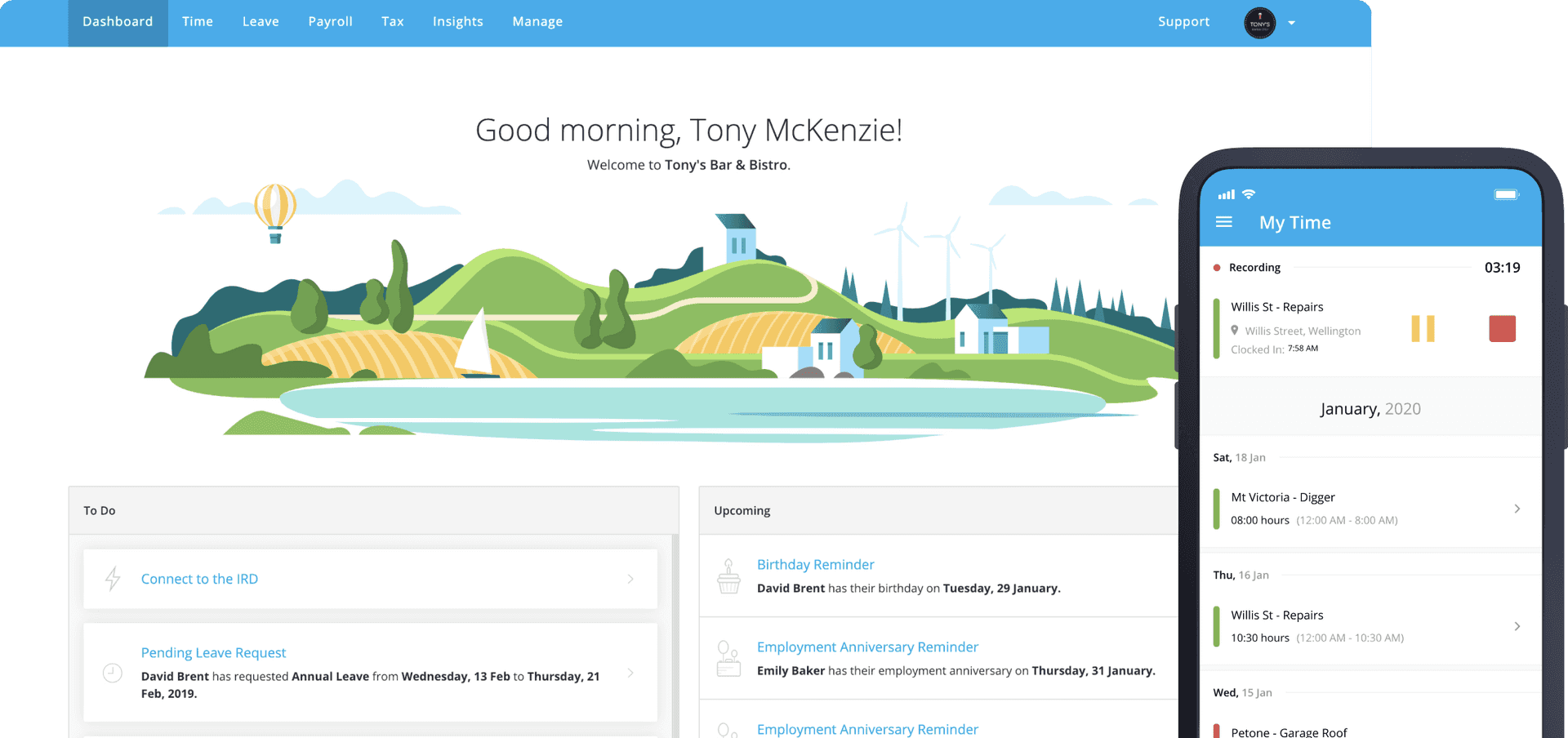Team Management
Managing A Remote Team
Working from home seems a given for most office-based roles in the 2020’s. However, transitioning from office to home-based work without carefully considering the implications of managing your remote team could mean that household distractions and the different vibe to the office could impact your team’s results.
You know that working from home can have many benefits to your team, business and community... but you need to do it right!
Here’s how you can nail managing a remote team…
Have Great Systems
Set your team up for success by having great systems that they can access and operate from anywhere. The good news is that there is a system for everything that operates out of the cloud.
Key systems to consider include:
File storage where the entire team can access any documents they may need.
Collaboration tools where team members can instant message or call each other to nail project requirements.
VoIP phone lines so more than one staff member can manage key business phone lines.
A critical system to keep an eye on from a ‘working from home’ perspective is also ensuring your team have the fastest internet speed available to them in their area – there’s not a lot that’s less productive than slowly loading websites.
Document Everything
One of the hardest parts of having a team that works remotely is upskilling team members in new tasks they may not have been exposed to before.
Essential tasks in your business should be documented in the form of standard operating procedures which provide a detailed breakdown of what, when, and how they are completed.
Take Control Of Your Business Security
It almost goes without saying in the 21st century for all businesses, let alone remote ones. Although, your team may be more inclined to start using personal devices which you have less control of when they are working remotely.
Make sure you have internal policies that include requirements for up-to-date anti-virus protection and two-factor authentication where possible, as well as ways to monitor these are being followed.
Check-In Regularly
Don’t let it become a case of ‘out of sight, out of mind’ for your team. Check-in with them regularly to see how they are and how their work is progressing. Instant messaging systems are a great way to keep in touch and ensure your available if your team have any questions.
Build Your Business Culture
Building culture in a remote team and ensuring everyone feels connected can be difficult, but it is not impossible. Consider implementing a weekly (minimum) team video conferencing session where everyone can see and interact with each other.
Make a big deal of key milestones in your team’s lives the same way that you would if you were all in an office together. For example, you can replace what would traditionally be a morning tea ‘shout’ for someone’s birthday with ordering some cupcakes to show up on their doorstep to celebrate the day.
Measure Output Not Time Worked
You won’t know what your team are doing every minute of every day. And that’s ok!
Your team don’t need to score points for sitting at their desks and remotely, it’s pretty much impossible to pretend to work. You’ll know how your team are performing based on their output.
Put in place clear expectations on how this is measured. Many businesses may be tempted to implement time tracking software to do this with everything broken down into six-minute increments. However, a far more effective approach is to use a project management marking tasks as complete as they are done.
Encourage Flexi-Working
If members of your team are early birds or night owls, then allow them to play to their strengths. The great news is that you don't necessarily have to chain your team to the standard 9-5 workday. Allow them to break those shackles and work when they are most productive.
Of course, don’t forget to create strong guidelines around when they do need to be available for optimum coworking amongst your team.
Make Sure They Take Time Away
When working from home, with the computer right there calling them, it can be difficult for your team to get away from their work. Without a clear ‘start’ and ‘end’ of the day, it can be easy for them to get sucked into working longer hours. They might tell themselves it will only be 10 more minutes and suddenly two hours of family time has disappeared.
This might sound great in principle for your business, getting more time out of your team. But the reality is a well-rested team is a productive team.
Encourage team members to find ways to create start and end of day routines. These routines will help signal to them that they’re transitioning from ‘work them’ to ‘home them’.
Only Communicate During Business Hours
While you might be happy to encourage flexible working, setting clear boundaries is key here. One of the easiest ways to do this is to only allow email and instant messaging within business hours.
Most email providers offer a scheduling feature. Implement a rule that all emails outside of specified times must be scheduled for the start of the next business day.
Additionally, encourage your team to sign out and turn off notification for work-related accounts when the day is over.
Setting up work-from-home operations is quickly becoming the new normal. If you do it right, you will be managing the efficiencies in your business and taking care of your team members who might otherwise struggle or feel disconnected. Successfully managing your remote team well will set your business up for success.

Irene Bennetts is the Founder and CEO of Admin Army. Admin Army’s team of bookkeepers and virtual assistants has operated remotely around New Zealand for clients nationwide since 2016.






